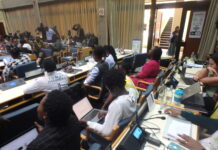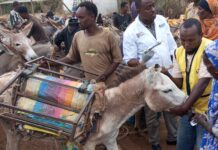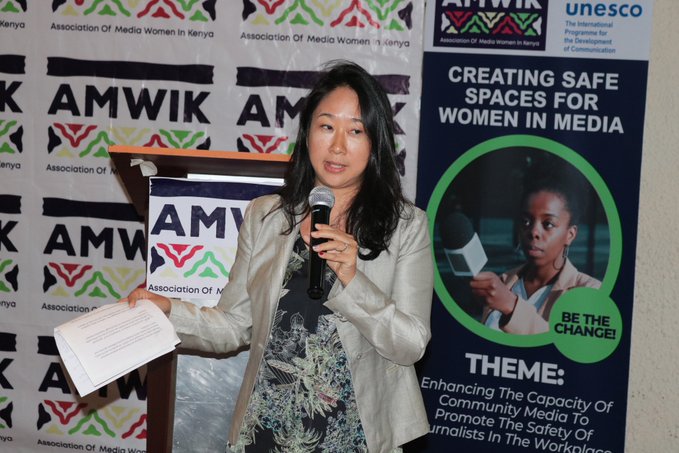
Pauline Macharia
Nairobi, Kenya: Sexual harassment and other forms of violations in media houses in Kenya are becoming a serious concern among stakeholders in the Media sector.
In efforts to improve the safety of women journalists, the Association of Media Women in Kenya in partnership with The International Programme for the Development of Communication; UNESCO, have launched a campaign to enhance and promote the safety of women journalists in their workplaces.
Speaking during the workshop held for community media journalists, Jane Kaberia, Executive Director of AMWIK emphasized why it was important to produce media content that was sensitive to gender inequalities and that portrayed men and women fairly.
“Gender balanced reporting can only be achieved if women were provided with enabling environment to perform their tasks.” Said Kaberia. She noted that men still occupied the top positions in media, unlike women.
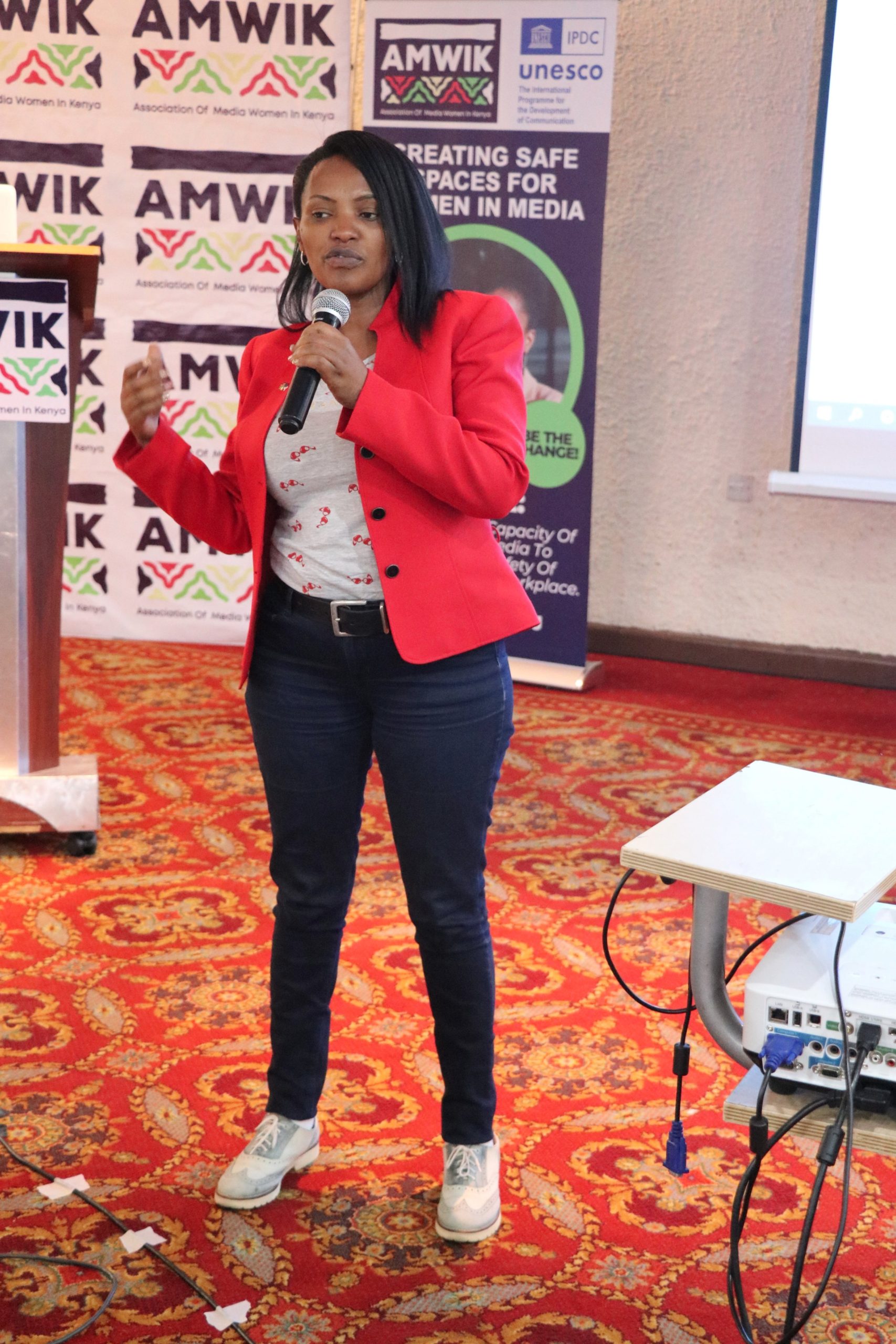
Victor Bwire, Director of strategy and Training at the Media Council of Kenya ) brought to attention the various ways women are harassed in workplaces. “Harassment does not always come in form of rape, it is also in the denied promotions, the lack of breastfeeding stations in media houses, and circulation of sexual images and videos among many others.”
Similarly, Pamella Makotsi Sittoni, executive Editor, of Nation Media group revealed that sexual harassment was one of the major reasons why women quit media jobs.
Sittoni said that the dangers women journalists are exposed to were both internal by colleagues and employers and external by their sources, drivers, and the public. Using figures, she explained that 79% of women journalists have been harassed verbally while 21% harassed physically.
Research carried out by UNESCO indicated that 73% of women journalists had been trolled online while 20% had been harassed offline. Misako Ito, the regional Advisor for Communication and information in Africa, UNESCO, outlined that sexual harassment cases were on the rise because victims failed to report, and those that did lack proper evidence to back their cases making it difficult to deal with them.
“Online violence is not exceptional,” Yunia Amunga, Senior News Anchor, Capital Fm noted, adding that, “Female journalists are subjected to body shaming, trolling, abusive comments, hacking, impersonation, and threats,” Amunga advised women journalists to report such cases.
“We have received 300 sexual harassment cases this year both online and offline. Many media houses lack policies on how to deal with such cases, no action is taken in most cases as the perpetrators are senior employees or even the media house owners. Fear of losing their jobs makes victims bottle up. Few victims bold up and report, the consequences are dire for the perpetrators such as losing journalists accreditation.” Enlightened Dinah Ondari, Manager Press Freedom Safety, and Advocacy, Media Council of Kenya.
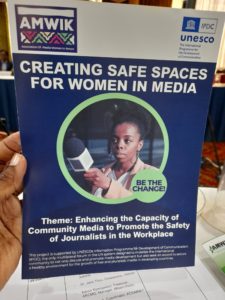
Njeri Rugene, a seasoned journalist with over 25years of experience in the newsroom could not help but notice the improvements in the newsrooms, she encouraged women by telling them how the increased number of women in the newsroom was a good sign that women in the media are gradually rising from the old male-dominated field.
She encouraged them to keep standing up for themselves and saying no to the harassment. She asked journalists to enhance their safety.
“Evaluate the risks of the places you covering your stories, wear protective gear, especially in riots, and have contacts for police or help bodies like MCK or AMWIK or the police. Be wary of going to risky places alone.” Said Njeri, who advised them to not pose their lives in danger.
AMWIK Executive Director concluded that by partnering with UNESCO and other organizations they were providing a healthy space for women journalists to be presented with equal opportunities with their male counterparts while discouraging sexual harassment. She asked women to not be afraid and go for tasks dubbed to be men’s and speak up for themselves.


